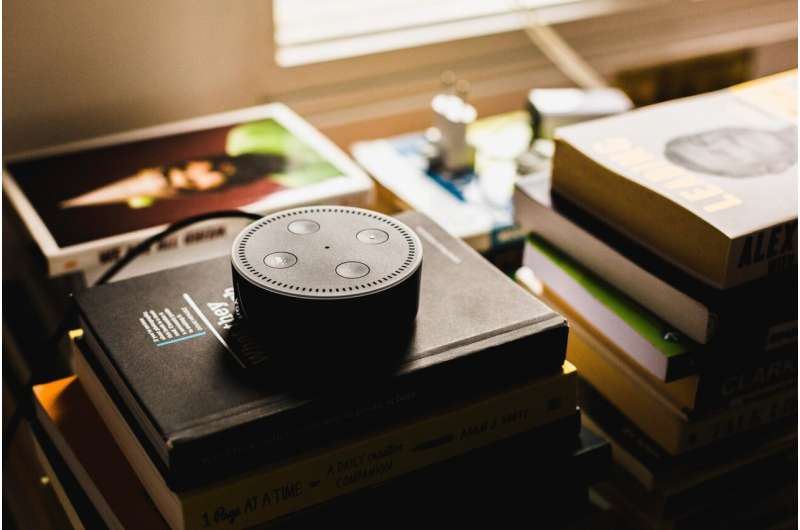Research Highlights Differences in Pharmacy Care Perceptions Among Diverse Populations, Including Patients with Disabilities

A groundbreaking study reveals how perceptions of pharmacy care differ among diverse populations, emphasizing the need for accessible and culturally competent services to improve patient outcomes.
A recent study conducted by the University of Kansas School of Pharmacy has shed light on how perceptions of pharmacy care vary across different demographic groups, particularly among patients with disabilities and ethnic minorities. The research, based on a survey of 1,218 pharmacy patients across the United States, found that while over half of respondents expressed satisfaction with their pharmacy experiences, notable disparities exist in how care is perceived and delivered to diverse populations.
The survey, carried out via Qualtrics, identified key communication barriers that affect patient satisfaction. These include challenges faced by individuals with hearing impairments and the limited physical space in pharmacies that hinder access for wheelchair users. Specifically, patients with disabilities reported lower satisfaction levels, highlighting areas where pharmacy services can improve.
The study's authors emphasize that quality pharmacy care is vital for positive patient outcomes. Pharmacists and pharmacy staff play a critical role as the last point of contact in the healthcare system, responsible for ensuring prescriptions are safe, appropriate, and clearly communicated. Effective communication with patients, especially those with hearing difficulties or mobility limitations, is essential to maximize medication effectiveness and safety.
Researchers categorized respondents into three groups: white/non-Hispanic without disabilities, ethnically diverse without disabilities, and ethnically diverse with disabilities. The findings suggest that while most patients were generally satisfied, ethnically diverse patients with disabilities, particularly those with hearing impairments or who use wheelchairs, reported lower levels of satisfaction.
The study underscores the importance of culturally competent and accessible pharmacy services. Improving physical infrastructure, such as ensuring sufficient space for wheelchair access, and enhancing communication strategies with hearing-impaired patients can make a significant difference. The researchers advocate for ongoing education for pharmacy staff and the hiring of more diverse personnel to better serve a broad spectrum of patients.
Additionally, the study calls for pharmacy schools and professional development programs to incorporate training on cultural sensitivity, disabilities, and effective communication techniques. Such measures could improve trust and engagement between pharmacists and patients of various backgrounds, ultimately leading to better health outcomes.
Overall, this research highlights that understanding patient perceptions and addressing specific barriers faced by diverse populations are crucial steps toward equitable and effective pharmacy care.
Stay Updated with Mia's Feed
Get the latest health & wellness insights delivered straight to your inbox.
Related Articles
Understanding How Breast Tissue Density Influences Breast Cancer Risk
Breast tissue density significantly impacts breast cancer risk and detection. Women with dense breasts face higher risks and challenges in early diagnosis, emphasizing the importance of awareness and personalized screening.
Understanding How the Epstein-Barr Virus Facilitates Its Spread in the Body
New research reveals how the Epstein-Barr virus enhances its dissemination by manipulating B cell migration, opening new avenues for targeted therapies against associated diseases.
Discovery of Eight New Genes Linked to Schizophrenia Enhances Understanding of the Disorder
Researchers at Cardiff University have identified eight new genes linked to schizophrenia, offering vital insights into its genetic basis and paving the way for future targeted therapies.
Using Voice-Activated Devices to Screen for Parkinson's Disease
A new AI-powered speech analysis tool using Amazon Alexa and Google Home offers a promising way to screen for Parkinson's disease in accessible, remote settings, achieving up to 86% accuracy.



